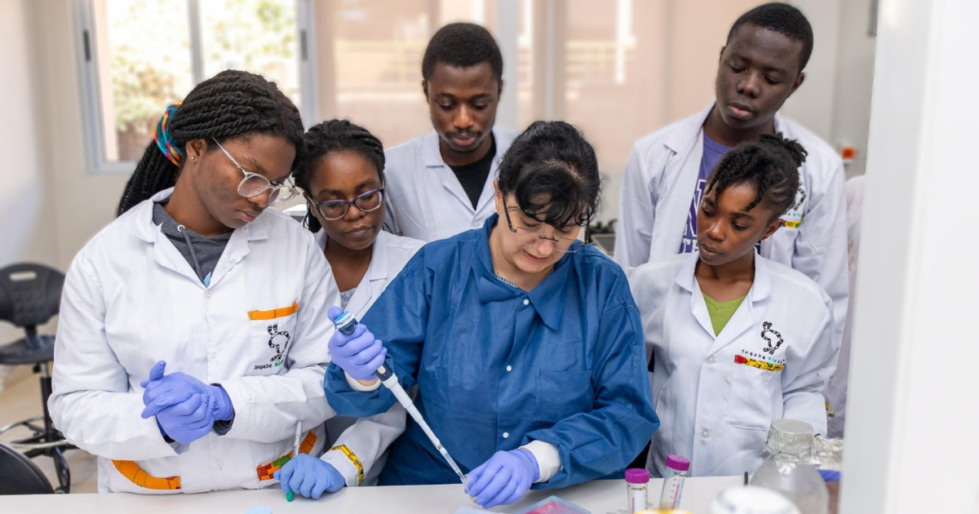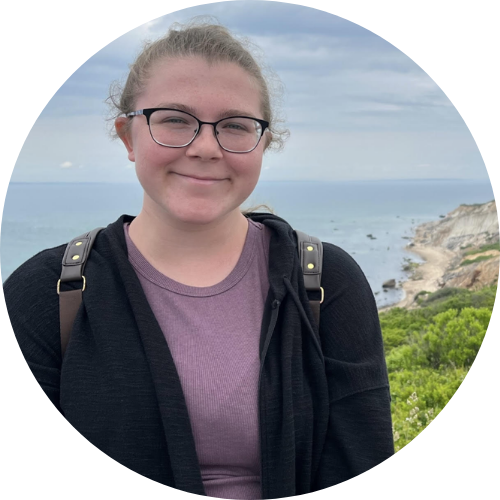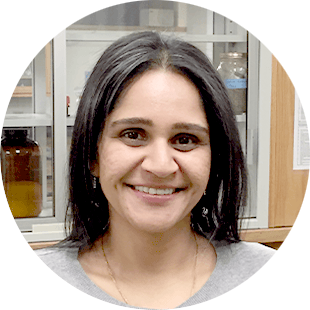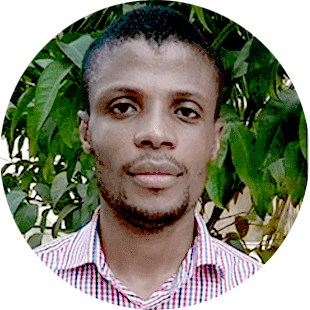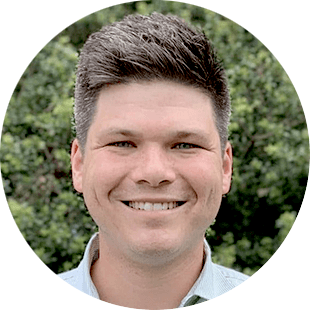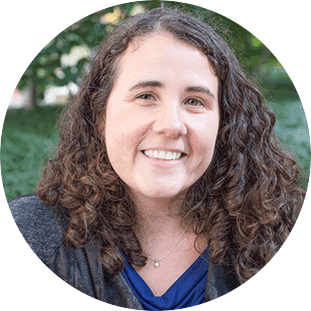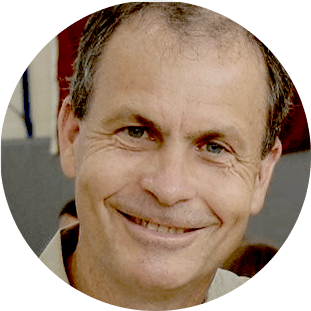Above: Dr. Elena Rosca (center) and students in the Department of Engineering at Ashesi University work to engineer bacteria that can detect the presence of gold.
Ghana is a hub for gold mining in West Africa. Small-scale mining is a big operation throughout the country, and for the 1 million people working in the sector, it’s a risky business venture with little certainty of success.
The consequences of small-scale mining are equally precarious. Illegal mining operations have emerged, with hefty environmental consequences to the region’s land and waterways.
The same can be said for open-pit mining, which is easy for small-scale miners to get started but can lead to enormous environmental risks.
Elena Rosca, PhD, of Ashesi University is aiming to reduce all of the risks affecting the environment and the miners themselves.
Engineering Solutions
Dr. Rosca is a bioengineer in Ashesi’s Department of Engineering, which received an Instrumental Access award in 2020. In 2017, she led a handful of her undergraduate students in a project targeting Ghana’s small-scale gold mining.
The group was selected as an entry into the prestigious International Genetically Engineered Machine (iGEM) Competition, a global event that focuses on using synthetic biology to solve complex problems.
Because mining is so prevalent throughout Ghana, Dr. Rosca’s team focused its initial efforts on aiding the recovery of refractory ore, a notoriously difficult source of gold to extract and refine.
The team of students engineered a strain of E. coli capable of facilitating gold extraction from refractory ores. The biological processing was designed to be cleaner and safer than standard industrial processes involving toxic chemicals.
Sadly, the engineered bacterium could not be kept alive after the competition due to a lack of equipment.
In 2022, a new team from Ashesi is entering the competition, this time focusing on the detection of gold above the surface rather than refining the ore below. Dr. Rosca is excited to guide 10 students through their iGEM project; they have already been awarded two grants to support their work.
A new way to detect gold
The team is focused on detecting what are called pathfinder elements—elements that are typically found in conjunction with gold but are far easier to detect than the gold itself.
It is a two-step process where one synthesized bacterium notes the presence of gold in the soil while another bacterium looks for traces of iron and arsenic. When both iron and arsenic are detected, the chances of finding gold increase dramatically.
The long-term plans for this project are to develop a portable system for small-scale miners to detect gold in the earth before they start digging.
With greater certainty that gold is beneath the surface, Dr. Rosca believes that open-pit mines will be less frequently dug, especially near residential areas.
Reducing the number of open-pit mines would benefit the environment and the communities near mining sites—fewer open pits would mean cleaner water and air.
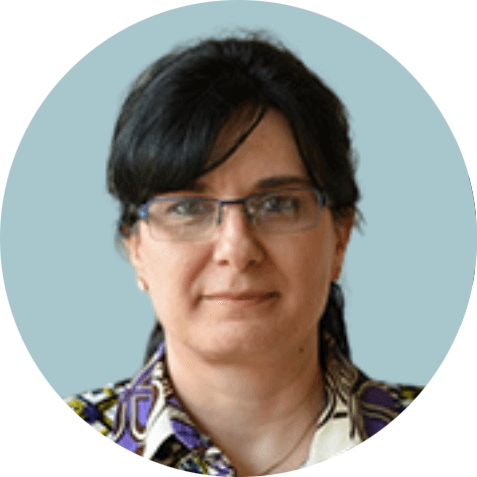
Elena Rosca, PhD
Ashesi University
Department of Engineering
“Often, people will just start digging without knowing if there is gold in the area and then leave the hole open,” she says. “We can make the landscape much safer by giving miners the tools to understand where to dig.”
Though Ashesi does not yet have a dedicated bioengineering major, student interest in the specialty is extremely high, and the iGEM team has pounced on the opportunity to use the department’s resources. Their successes are powerful reminders of what can happen when students have the necessary tools to pursue their passions.
“We have already begun the process of bacterial transformation,” says Dr. Rosca. “Soon, students will move to more complex procedures for this project, including ligation and microencapsulation. It’s exciting to see them grow and develop!”
